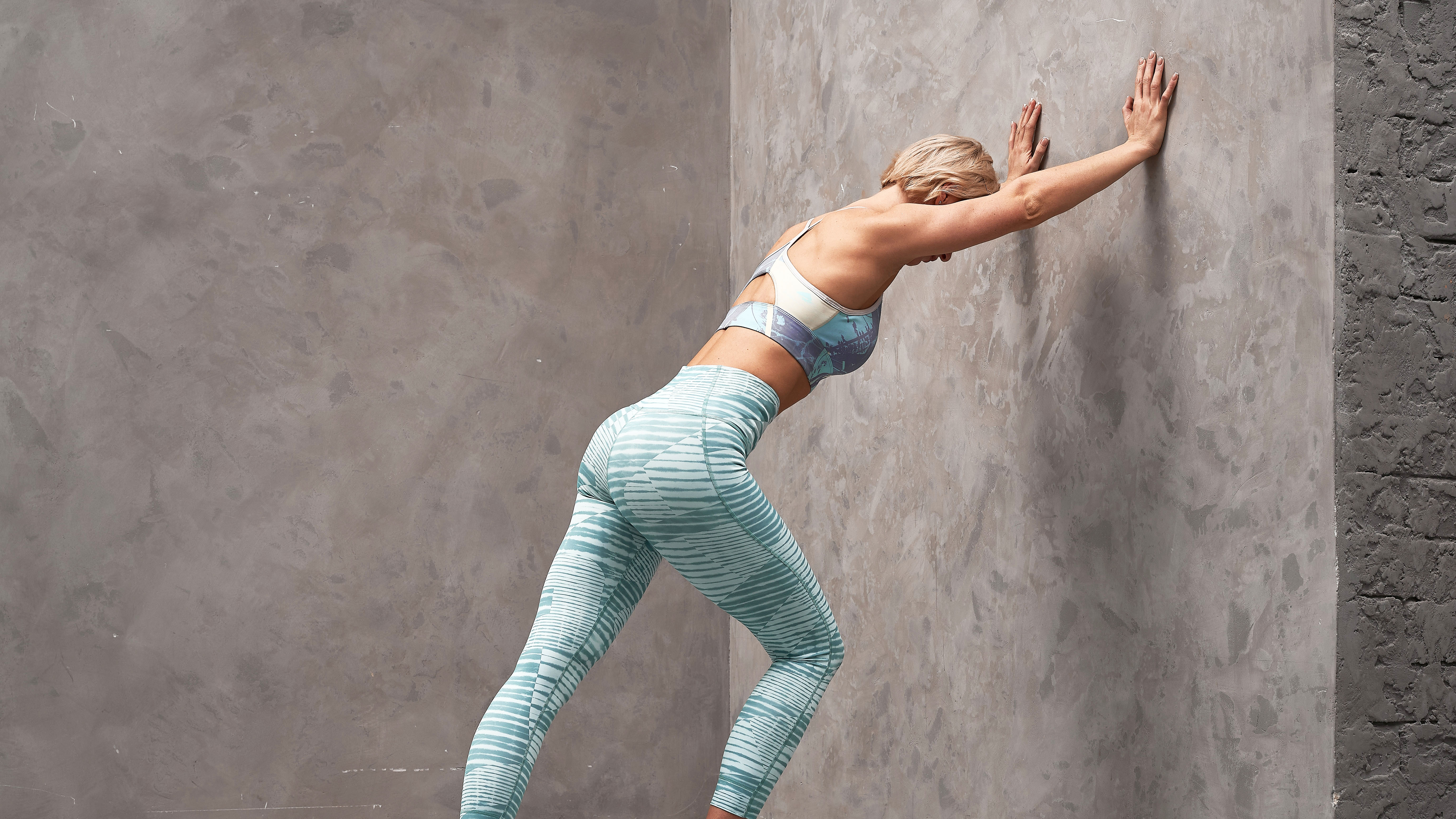
If you’re careful with your diet and exercise regime but still aren’t seeing results, there could be something holding you back — and I’m not talking about your daily step count.
Research conducted by Welltech has identified a factor that could mean even the most consistent workout routine may fall short: stress.
In the past year alone, Welltech identified over 474K searches for stress management, and there currently seems to be a disconnect between mental health and its impact on physical performance.
David J. Sautter, a personal trainer and performance specialist who works with Welltech, discusses how stress might disrupt your recovery, increase cortisol levels and affect overall exercise results. Here’s what he (and the research) had to say.
David is a NASM-certified personal trainer and Performance Enhancement Specialist.
What is the research?
Welltech's raw data suggests that over 869K online searches had been made between 2024 and 2025 for topics like: “Why am I not losing weight despite exercising and eating well?”
Comparing the data across the 50 most populous cities in the UK, they assessed active population and search volume around frustration with exercise progress.
Separately, Welltech compared UK population data with annual search volume for stress management terms. This was designed to show search interest compared to the number of active people per area.
Get instant access to breaking news, the hottest reviews, great deals and helpful tips.
Of the 50, 12 cities were excluded from the results. From this, Welltech published an article to say that while experts don't claim stress is the absolute cause, it is a key contributor, and we’re looking down the barrel of over 400K searches for stress management in the past year alone.
Does stress affect exercise performance?

Sautter explains that consistently high levels of stress elevate cortisol, one of the primary fight-or-flight hormones. Over time, this can disrupt the ability to sleep (read: Struggling to sleep after exercise? Experts recommend doing these two things), hinder muscle repair and contribute to performance plateaus and injuries.
“Training isn't just about muscles,” adds Sautter. “It’s about your nervous system. Pushing through a high-intensity workout when you’re emotionally drained can backfire. More importantly, if you keep forcing yourself to perform workouts you don’t enjoy, then you’re setting yourself up to mentally associate exercise with feeling terrible.”
We also know that the stress hormone cortisol can contribute to fat storage, particularly around the stomach, known as "cortisol belly." In turn, this may be associated with metabolic problems long-term, including insulin resistance. When you are stressed, you may also be more likely to eat badly, sleep less, or avoid workouts altogether.
One literature review found that the majority of studies it assessed showed stress can impair physical activity efforts. It concluded that "habitually active" individuals exercise more during stressful periods, whereas those in the beginning stages exercise less. As a result, stress could impact taking up exercise, maintaining a routine, or relapsing.
Remember, exercise is brilliant for supporting your physical and mental health...
According to Sautter, low-intensity exercise can be beneficial when stress levels are high, helping to activate the parasympathetic nervous system.
He recommends zone 2 cardio, yoga, swimming, Pilates, or cycling, along with breathing exercises, which are great for shifting the body away from fight-or-flight into rest-and-repair. I personally recommend these 3 breathing exercises for beginners to help you get started.
Remember, exercise is brilliant for supporting your physical and mental health, and when you find a workout routine that works for you, it can help bust stress and boost mood. Physical activity releases endorphins and helps manage cortisol levels, which, in turn, can improve sleep hygiene.
Sautter says that adjusting your routine to how you’re feeling or your “cortisol rhythm” is actually a good thing, rather than just pushing through. “More training isn’t the answer,” he says. “Smarter training with a focus on healing your nervous system is.”
To help combat this, Welltech created a sweat-stress ratio, a tool that helps assess your current workouts and stress levels and adjust your routine accordingly based on nine personality types.
The ratio looks at stress levels (low, moderate and high) and exercise frequency. For each profile, sports medicine doctor Tetiana Terschenko offers her advice on tailoring your routine.
Bottom line
Removing stress completely from the picture isn’t feasible, but you can strike a better balance. If you get that balance right, exercise is fantastic for managing stress long-term.
Welltech recommends adjusting your workout intensity and slowing down if you think you might need to. During high-stress events, low-intensity movement can help. Shifting workouts to earlier in the day can also help energy levels and improve sleep latency (how quickly you fall asleep at night).
Follow Tom's Guide on Google News to get our up-to-date news, how-tos, and reviews in your feeds. Make sure to click the Follow button.
More from Tom's Guide
- What's the best exercise for menopause?
- 3 reasons you're not building strength in the gym
- Forget push-ups — according to a scientist, these are the only two upper-body exercises you'll ever need

Sam Hopes is a level 3 qualified trainer, a level 2 Reiki practitioner and fitness editor at Tom's Guide. She is also currently undertaking her Yoga For Athletes training course.
Sam has written for various fitness brands and websites over the years and has experience across brands at Future, such as Live Science, Fit&Well, Coach, and T3.
Having coached at fitness studios like F45 and Virgin Active and personal trained, Sam now primarily teaches outdoor bootcamps, bodyweight, calisthenics and kettlebells.
She also coaches mobility and flexibility classes several times a week and believes that true strength comes from a holistic approach to training your body.
Sam has completed two mixed doubles Hyrox competitions in London and the Netherlands and finished her first doubles attempt in 1:11.
You must confirm your public display name before commenting
Please logout and then login again, you will then be prompted to enter your display name.
 Club Benefits
Club Benefits





